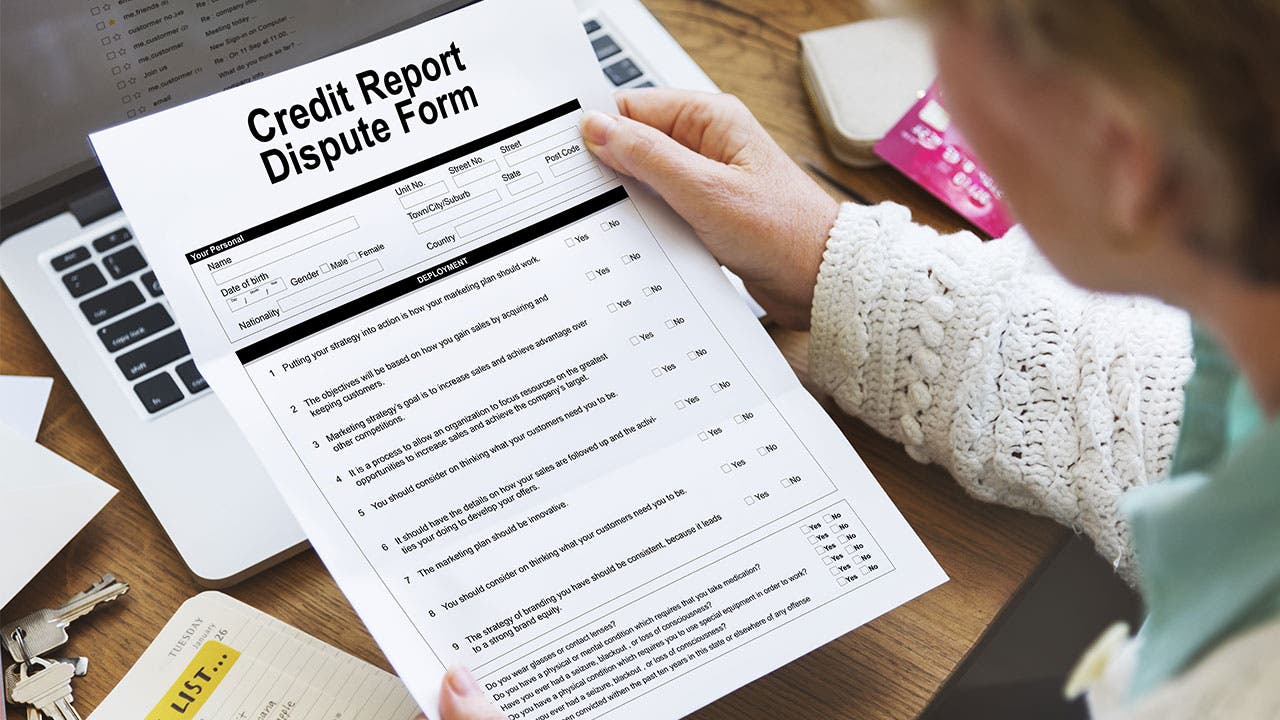

Many larger banks will allow you to initiate or process most disputes entirely online. Often the easiest way to submit a chargeback request is through your bank’s website. Regardless of how you initiate your chargeback request, your bank will walk you through providing the information they require. To dispute a charge and submit a chargeback, you must identify the transaction in question and work with your credit card issuer to initiate the process. Several credit cards offer loss, damage, theft or return protection as part of its benefits and many credit cards offer extended warranty protection. Fortunately, many credit cards offer these additional protection for consumers. Generally, chargeback abilities are limited to 120 days from the date of purchase and are not meant as a way to protect against loss, damage or theft after a product has been delivered or as an extended return protection or warranty benefit. Incorrect amount-The amount charged was incorrect.A recurring billing was not stopped-A subscription service continued to be billed after you canceled it.Return credit not processed-You returned an item or canceled a service within a merchant’s return policy and never received credit for the return.Goods or services not delivered-You paid for something, but never received it or you paid for a service that was never provided.Goods or services were not as described-Goods or services provided were materially different than they were described or agreed to.Fraud or unauthorized use-Someone uses your card without your authorization to purchase goods or services.

Most often, chargebacks are issued for one of the following reasons: In addition to regulatory protections, your bank, credit card issuer or card association may provide you with additional rights. Among other protections, you have the right to accurate billing, protection from unauthorized charges and the right to dispute charges for goods or services that are different than described. The Federal Trade Commission and other regulatory bodies mandate a fair amount of protection to consumers using credit cards. Often this term is used by savvy credit card issuers to refer to the entire process of disputing a credit card charge, receiving an account credit and having the disputed amount taken back from the merchant. Usually chargebacks are used to reverse a payment in the case of a billing error, unauthorized credit card use or failure to deliver a product or service. However chargebacks are sometimes issued against consumers, for example in the case of an erroneous ATM deposit. Generally, chargebacks occur between a merchant and a credit card issuing bank or a consumer. It involves reversing a payment and triggering a dispute resolution process. A chargeback is an action taken by a bank to reverse electronic payments.


 0 kommentar(er)
0 kommentar(er)
